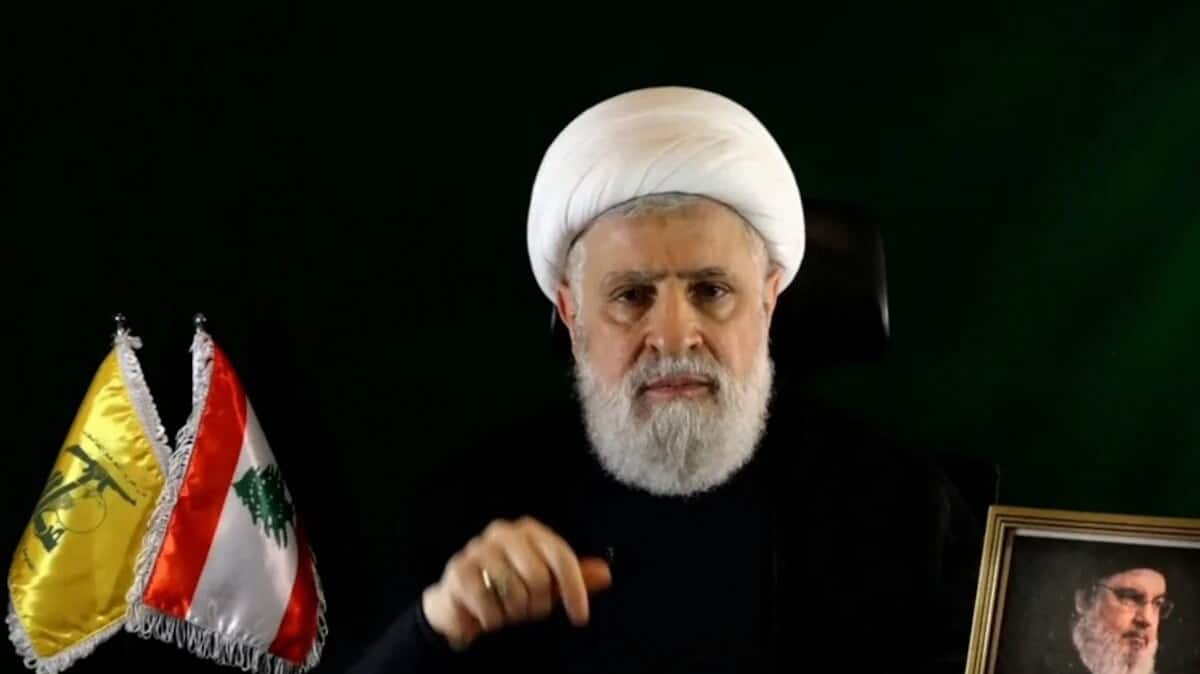
Hezbollah's new chief open to truce with Israel
What's the story
In a surprising turn of events, Naim Qassem, the newly appointed leader of Hezbollah, has indicated a possible willingness for a ceasefire with Israel. The development comes as Israeli attacks on Hezbollah strongholds in Lebanon intensify. Qassem, who succeeded Hassan Nasrallah, the slain Hezbollah chief of over 30 years, said that while the group could resist the attacks for months, it would accept a truce if Israel made an appropriate offer.
Speech
Hezbollah 'will not beg for a ceasefire'
"If the Israelis decide that they want to stop the aggression, we say we accept, but under the conditions that we see as appropriate and suitable," Qassem said in a pre-recorded speech. But Hezbollah "will not beg for a ceasefire", he added, pointing out that political efforts to reach an agreement have yet to bear fruit. "No project has been proposed that Israel agrees to and that we can discuss," he said.
Truce discussions
Israel's security cabinet discusses potential truce terms
Israeli Energy Minister Eli Cohen confirmed that talks of a possible truce are ongoing in the country's security cabinet. The proposed terms reportedly include a demand for Hezbollah to withdraw north of the Litani River and for the Lebanese army to be deployed along the border. An international mechanism would oversee this truce, ensuring Israel retains freedom of action should any threats emerge.
Diplomatic efforts
Lebanon's PM expresses cautious optimism, US envoys head to Israel
Lebanese Prime Minister Najib Mikati has also expressed cautious optimism about a possible ceasefire soon. He said US envoy Amos Hochstein proposed an agreement could be reached before the upcoming US election on November 5. Meanwhile, US President Joe Biden's advisers on Middle East affairs, Brett McGurk and Hochstein, are on their way to Israel to push for diplomatic efforts to resolve conflicts in Lebanon and Gaza.
Proposed plan
Israeli PM to meet US envoys
Israeli Prime Minister Benjamin Netanyahu is expected to meet US envoys McGurk and Hochstein as part of the ongoing negotiations. The proposed plan includes a 60-day suspension of hostilities and adherence to UN Resolution 1701, which calls for Hezbollah's withdrawal north of the Litani River. Resolution 1701, adopted unanimously in 2006, is aimed at halting hostilities between Hezbollah and Israel, with the Council calling for a permanent ceasefire based on the establishment of a buffer zone.